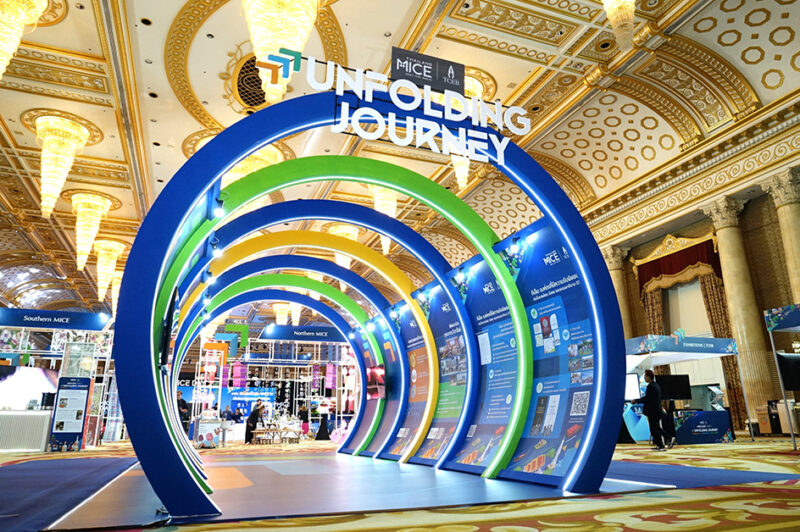
Article by Helen Masters, Senior Vice President and General Manager, Infor Asia Pacific
If you think millennials are the next big thing, you are late to the party. Millennials are the market and are driving disruption for retailers across the globe. Not ones to be shy about their opinions (just type any retailer’s name into Twitter for proof), millennials’ impact on the industry is clear: they are forcing brands to not only understand them, but also adapt to their ever-evolving preferences at the snap of a finger.
Seemingly born with a cell phone in their hands, millennials came of age in a connected world. Their unique mix of savviness and cynicism allows them to understand there is not as much differentiation between products as brands want us to believe. And thanks to online retail, millennials can get what they want at the touch of a button, quickly and at lower prices.
This millennial shakeup makes it difficult for brands to build loyalty and maintain profitability. Across the globe, CEOs are asking: How do we differentiate our brand when our traditional product and supply chain differentiators are vanishing?
The answer? Act as a mirror to let customers see your brand as a projection of themselves. Here’s how:
Think like a millennial – and channel their values
Millennials may be the most environmentally aware, skeptical, and global generation. As such, brands must offer products and experiences that promote these virtues and entice millennials to align their loyalty with a specific brand.
Because millennials are more socially connected than previous generations, brand alignment goes far beyond short-term revenues. Getting millennials to promote brand loyalty on their own social networks is often the most authentic and effective form of marketing and brand building available. However, asking customers to ‘Like Us’ on Facebook is an ancient tactic. Simply being on Twitter is not enough. Even having quasi-official ‘influencers’ on Instagram is suspect to the millennial consumer. Real people taking time out of their real lives to talk about a brand is the authenticity millennials crave.
In fact, according to Forrester Consulting, if brand communication is seen as “human,” customers are 1.6 times more likely to make a purchase and 1.8 times more likely to recommend that particular brand.
Pulling this off requires a holistic effort, with the customer at the center of all operations. This goes beyond targeted marketing, promotions, or trying to improve customer service. And it certainly goes beyond just increasing efficiency within business functions. This effort will demand new operating procedures and technology.
Personalization is not possible without the right tech
Brands need to leverage technology to create personalized, tailored experiences and ensure millennials are ambassadors for their brand.
With customers willing to share more information about themselves than ever, the retail business is dominated by companies that can access data more effectively than competitors and use it to satisfy the consumer.
So, how can the millennial customer be surprised when online catalogs offer seemingly unlimited assortments? Exclusive products are just part of the solution, but instead, retailers should create micro-assortments of tailored products that are culled from customer information and allocated to relevant regions.
The extent of personalization in the market today largely consists of rudimentary pricing and promotion offers. However, machine learning and AI capabilities can take this one step further by allowing for personalized assortments at the regional and personal level. This will surprise customers beyond just getting an attractive coupon. Feeling unique and like the brand is catering to your personal taste is what today’s consumers demand.
Once brands go to great lengths to surprise customers with their product offering, the next step is execution.
Remember, the consumer-brand relationship doesn’t end with the transaction
It is no surprise that people react more strongly to bad news than good news. For retailers and brands, this means any disruption or disappointment with an order requires a disproportionate amount of effort to regain that customer’s trust – not to mention the damage control necessary after customers share their frustration in their network.
Executing on the promise of your brand requires accessing data to manage disruptions in the supply chain. For most brands, around 80 percent of the data needed to manage the supply chain exists outside of the enterprise. Technology that connects the entire supply chain network and offers 360 degree visibility is essential to delivering on that promise.
Furthermore, consumers are no longer just concerned with the availability of a product, but how it went from the factory to the store front. Brands need supply chain data that connects with millennials’ sense of fair trade, human rights, and environmental sensitivity.
The modern retailer must give connected customers a reason love and promote a particular brand to their family, friends, and coveted social networks. Those brands that are able to authentically captivate the millennial customer will be welcomed into the new age of retail, one where the customer is king and personalization is make or break for a company’s success.






